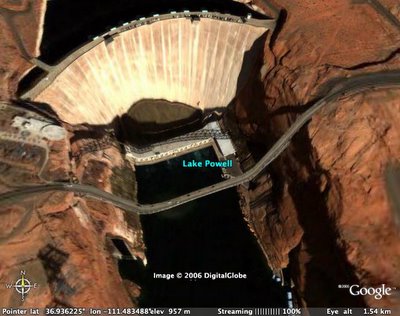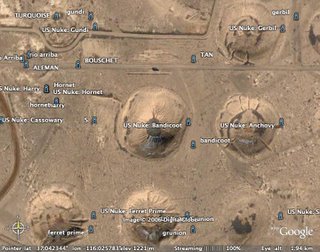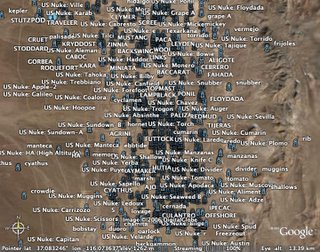General musings
 If anyone is familiar with Chichester, on the southern coast of England, perhaps they can help me out. I now have a ticket in hand to go there on the 18th of March in order to attend my friend Sarah Johnston's wedding. My return ticket is for 3:00pm on the next day, and I need to find a decent, modestly priced place to spend the night. My investigations so far have not uncovered the existence of any hostels. If all else fails, I suppose I can wander the town all night in my suit, like some kind of spectre. I certainly would like to have a look at the sea, to which the town seems closely adjacent.
If anyone is familiar with Chichester, on the southern coast of England, perhaps they can help me out. I now have a ticket in hand to go there on the 18th of March in order to attend my friend Sarah Johnston's wedding. My return ticket is for 3:00pm on the next day, and I need to find a decent, modestly priced place to spend the night. My investigations so far have not uncovered the existence of any hostels. If all else fails, I suppose I can wander the town all night in my suit, like some kind of spectre. I certainly would like to have a look at the sea, to which the town seems closely adjacent.Perhaps I will be able to locate someone else who is similarly in need of lodging.
Even though it's the second time a friend of mine is getting married, it still strikes me as a highly unusual occurrence. I suppose as my friends start drifting into their mid twenties, more such match-ups will begin to take place. It's obviously a circumstance enormously beyond anywhere I've found myself, in terms of institutionalized commitment.
Five days after the wedding, my mother is coming to visit Oxford. I am fairly sure this is already the longest I have ever gone without seeing any member of my family. Communicating by means of Skype and email really isn't an adequate alternative. I am excited about the trip to Malta - as I am in general about visiting previously unknown places - and you can be certain that a good number of photos from the expedition will show up here eventually.
The core seminar and academic ideology
Today's core seminar was quite good. Unlike many of the previous classes, which became mired in narrow theoretical debates, this one seemed to have a bit more dynamism. Of course, that may be reflective of my general sympathy towards normative approaches. The degree to which international relations is properly thought of as a 'science' is certainly divisive within the program, though not always along the fault lines I expect. There is definitely an ideal that is satisfied by the possibility that we might understand international relations in an objective and rigorous way but, given the constructed nature of both the international system and our approach to understanding it, I think we need a more self-aware form of theory, as well as one which is more explicitly concerned with the mitigation of global injustice.
At the same time, I find my confidence about such a theoretical approach to be rather less comprehensive than that of some of my colleagues, who believe that a rigidly social science perspective, with similar ambitions to those of the natural sciences, is best placed to address the questions of international relations.
PS. My room in Library Court remains available to potential renters within the college.







